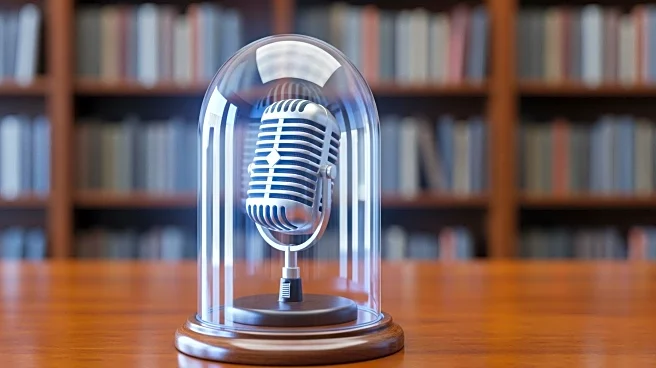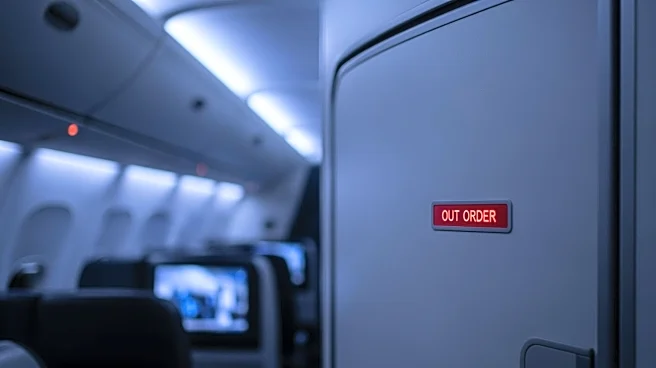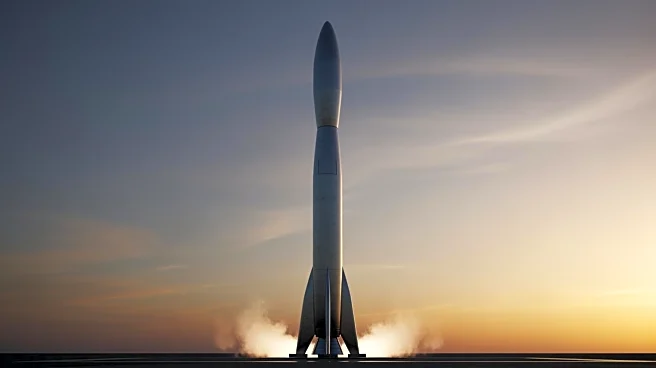Rapid Read • 8 min read
AOL has announced the discontinuation of its dial-up internet service, effective September 30, after more than 35 years of operation. This decision comes as part of a broader strategy by Yahoo, AOL's parent company, to innovate and adapt to the current digital landscape. While AOL's dial-up service was once a gateway to the internet for many Americans, its usage has significantly declined, with only about 163,000 households still using it as of 2023, according to U.S. Census Bureau data. The iconic dial-up tone and the 'You've Got Mail' greeting became cultural touchstones in the 1990s, even featuring prominently in the 1998 film 'You've Got Mail.' AOL, originally known as America Online, was a pioneer in providing internet access and communication tools like instant messaging and email.
AD
The end of AOL's dial-up service signifies a major shift in the technological landscape, highlighting the evolution from early internet access methods to modern broadband and wireless technologies. This transition reflects broader changes in consumer preferences and technological advancements, as users demand faster and more reliable internet connections. The discontinuation of dial-up service underscores the obsolescence of older technologies in the face of rapid digital innovation. For the remaining users, this change may necessitate a transition to newer internet services, potentially impacting rural or underserved areas where broadband access is limited. The move also illustrates the ongoing transformation of legacy internet companies as they adapt to contemporary digital demands.
As AOL phases out its dial-up service, affected users will need to seek alternative internet providers, which may drive demand for broadband expansion in areas with limited access. Yahoo's focus on innovation suggests potential developments in AOL's remaining services, such as email, as the company seeks to remain competitive in the digital market. The shift may also prompt discussions among policymakers and industry leaders about improving internet infrastructure and accessibility, particularly in rural regions. Additionally, the cultural nostalgia associated with AOL's early internet era may spark renewed interest in the history of digital communication.
The discontinuation of AOL's dial-up service raises questions about the preservation of digital history and the impact of technological change on cultural memory. As iconic sounds and experiences fade, there is an opportunity to reflect on how technology shapes societal interactions and communication. The transition also highlights the ethical considerations of ensuring equitable access to modern internet services, as digital connectivity becomes increasingly essential for education, work, and social engagement.
AD
More Stories You Might Enjoy











